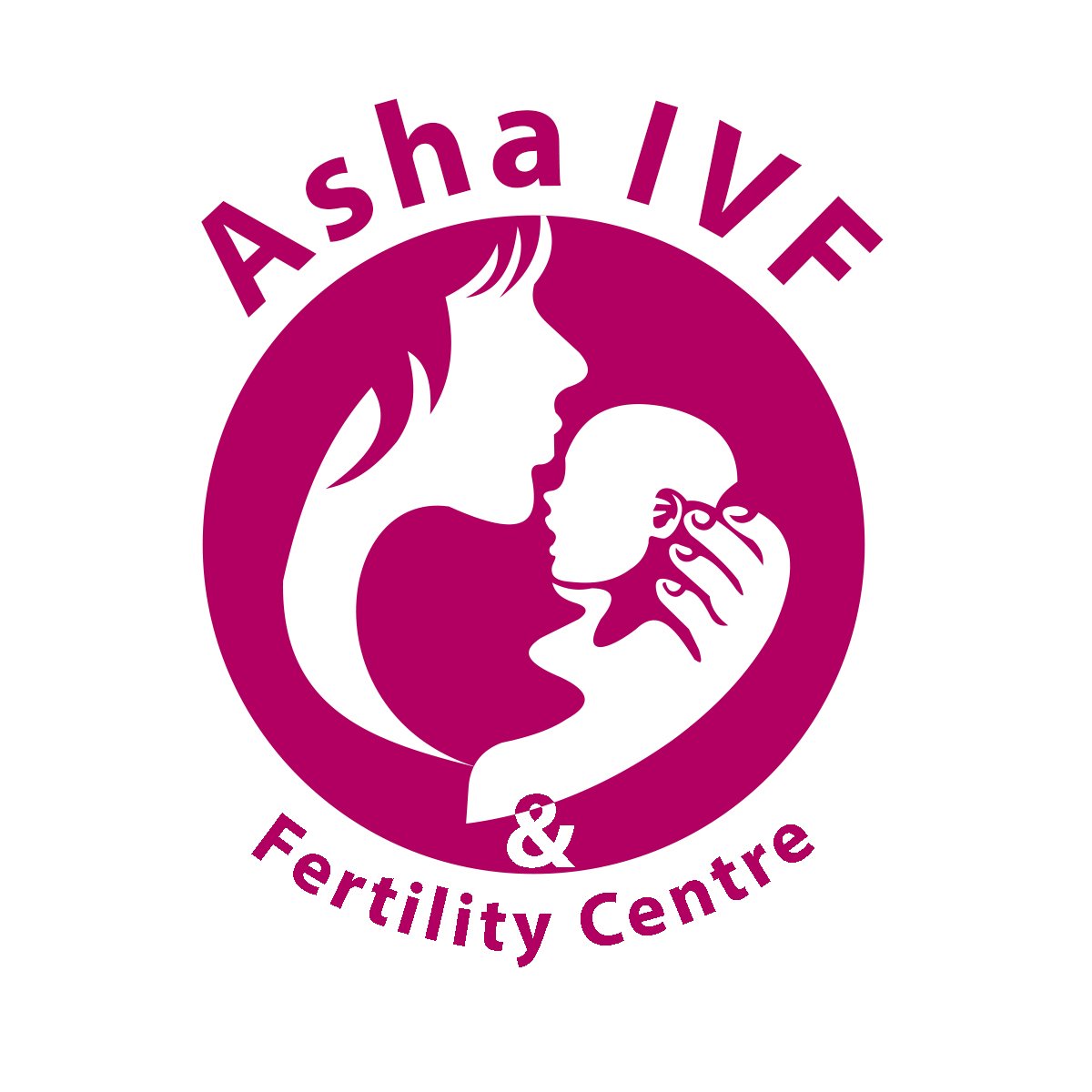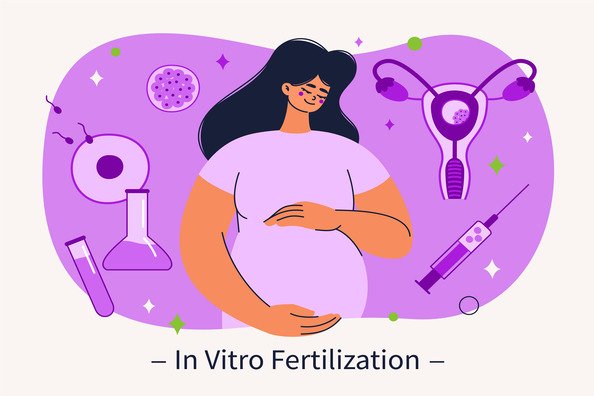If you’ve tried to get pregnant without success, even using fertility drugs, it may be time to consider advanced treatments. There’s hope for a successful pregnancy due to medically advanced solutions called artificial insemination and assisted reproductive technologies. These Advanced Fertility Technologies can enhance the quality and timing of egg production, fertilization, and implantation. These strategies work on the eggs and sperm to promote successful fertilization and implantation, or to allow for genetic testing.
Some advanced fertility technologies are:
IVF
One of the more popular forms of assisted reproductive technology is IVF (ART). Infertility treatment is an alternative if a natural pregnancy is not possible. IVF can be used to help couples facing a range of infertility issues in conceiving a child. It includes both medical treatments and surgical procedures. It helps in the fertilization of an egg by sperm and the implantation of the resulting fertilized egg in the uterus. When other treatments have failed, we can say that in-vitro fertilization (IVF) can assist in achieving pregnancy.
IUI
For couples who are experiencing “Unexplained Infertility,” it is also used as the first line of assisted conception treatment. To facilitate fertilization, sperm is inserted into the uterus of a woman. Increased sperm transiting the fallopian tubes will enhance the likelihood of conception, which is the aim of intrauterine insemination (IUI). IUI is also referred to as Artificial Insemination, a more popular name (AI). There are just minor procedural differences between IUI and AI.
ICSI
Similar to IVF, intracytoplasmic sperm injection (ICSI) collects eggs and sperm from each partner or donor. ICSI is different from IVF in that each egg is individually injected with one sperm throughout the procedure, skipping the step when the sperm must first naturally penetrate the egg. When the male partner has an abnormal semen analysis, ICSI is used. When a male infertility factor exists, the ICSI treatment is quite effective.
Sperm/ egg donation
The inability of one or both couples to produce their sperm, eggs, or embryos. Using another person’s eggs, sperm, or embryos to help one or both intended parents in becoming parents is known as gamete and embryo donation. Donating eggs or sperm enables one of the intended parents to maintain their genetic connection to the kid. The intended parent can feel a biological connection to the kid through the pregnancy due to egg donation.
Surrogacy
When a woman carries a child within her uterus on behalf of another person or couple, the procedure is referred to as surrogacy in medicine. The lady is referred to as a surrogate. The intended parents receive custody and guardianship of the child when it is born from the surrogate. Surrogacy offers the chance to have a child for certain people who are unable to have children and for women who are unable to carry a pregnancy. It is a type of reproductive technology (ART).
IVF Centre in Faridabad offers these advanced fertility treatments with emotional support services and educational programs to assist you throughout your treatment, and our Best IVF Consultant in Faridabad helps you understand treatment options and determine the treatment plan may offer.

